Last updated on June 17th, 2025 at 11:48 pm
Tenses are the fundamental pillars of English grammar. They help us to identify whether an action took place in the past, happens in the present, or will occur in the future. It’s very important to learn all types of tenses as far as English grammar is concerned. We can indicate the time of action by using a tense. Let’s see what the definition of tense in English is.
What is Tense in English Grammar?
Quick Navigation
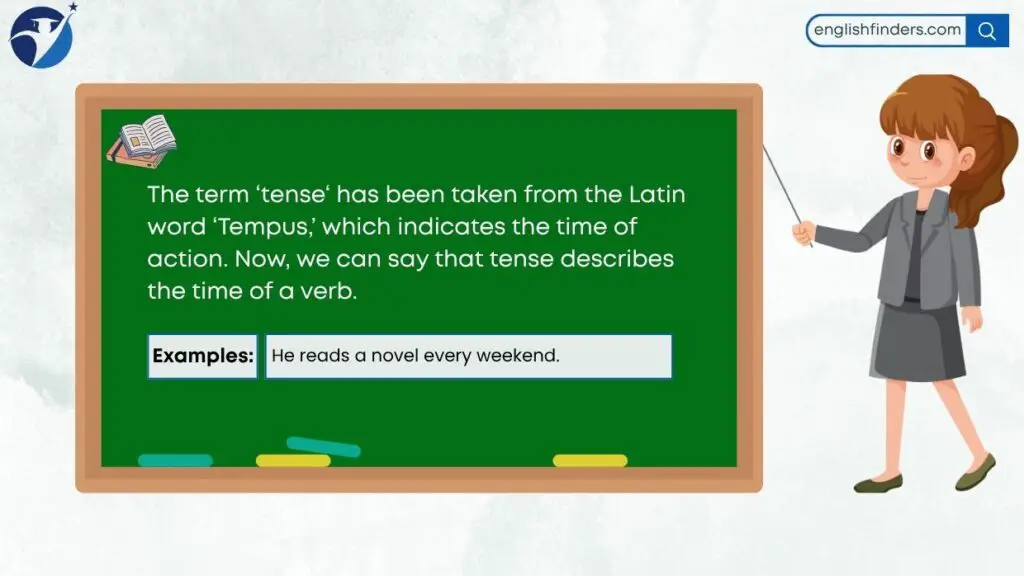
The term ‘tense‘ has been taken from the Latin word ‘Tempus,’ which indicates the time of action. Now we can say tense is a word that describes the time of a verb. For example:
- I bought a book.
- He reads a novel.
- She will meet with her friends.
Note: All these three sentences refer to the time of action.
Types of Tenses
There are three types of tenses in English grammar. They are:
- Past Tense
- Present Tense
- Future Tense
All three types of tenses have four sub-types. They are:
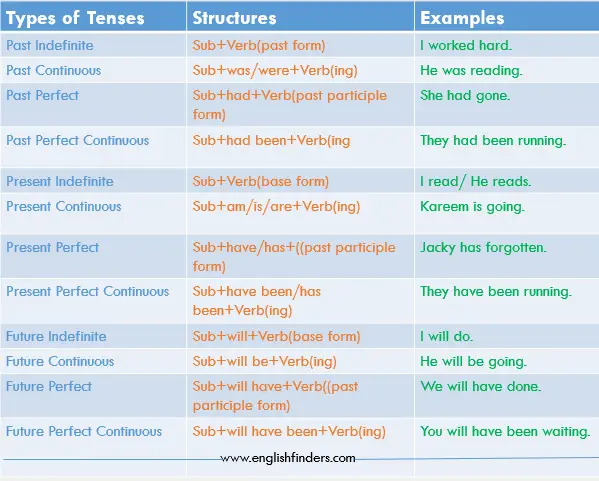
- Indefinite
- Continuous
- Perfect
- Perfect Continuous
Past Indefinite Tense (simple past)
Past Indefinite Tense is usually used to indicate the completed action in the past or a past habit. For example:
- She described her story.
- I saw this person yesterday.
- He did his job quite easily.
- Mr. George made his statement last week.
- Mrs. Florida participated in the competition last month.
Structure:
- Affirmative: Subject + past verb
- Negative: Subject + did not + base verb
- Interrogative: Did + subject + base verb?
Let us see the different forms of the Past Indefinite Tense in English grammar:
| Affirmative | Interrogative | Negative |
| I wrote a paragraph. | Did I write a paragraph? | I didn’t write a paragraph. |
| He watched a live cricket match. | Did he watch a live cricket match? | He didn’t watch a live cricket match. |
| You made this mistake. | Did you make this mistake? | You didn’t make this mistake. |
| She found her English lessons. | Did she find her English lessons? | She didn’t find her English lessons. |
| They enjoyed the party. | Did they enjoy the party? | They didn’t enjoy the party. |
Note: Past Indefinite Tense takes ‘did’ as a helping verb before the subject of an interrogative sentence and ‘didn’t after the subject of the negative form of a sentence and the main verb remains unchanged.
Past Continuous Tense
Past Continuous Tense usually indicates the activity in the past, which was continued for some time. For example:
- I was running in the field.
- He was going to his campus.
- She was holding the mirror.
- They were making a profit from the business.
- Mr. Collin was running the industry.
Structure:
- Affirmative: Subject + was/were + verb+ing
- Negative: Subject + was/were not + verb+ing
- Interrogative: Was/Were + subject + verb+ing?
Let us see the different forms of the Past Continuous Tense:
| Affirmative | Interrogative | Negative |
| I was playing cards. | Was I playing cards? | I was not playing cards. |
| He was watching the beautiful scenario. | Was he watching the beautiful scenario? | He was not watching the beautiful scenario. |
| She was working as a nurse. | Was she working as a nurse? | She was not working as a nurse. |
| They were looking for a suitable partner. | Were they looking for a suitable partner? | They were not looking for a suitable partner. |
| Mr. Floyd was demanding equal rights. | Was Mr. Floyd demanding equal rights? | Mr. Floyd was not demanding equal rights. |
Note: Past Continuous Tense takes ‘was’ and ‘were’ as helping verbs. ‘Was’ is placed in case of first-person and third-person on the other hand ‘were’ is placed in case of the second person.
Past Perfect Tense
Past Perfect Tense is placed between the two past actions that occurred before, and the later action is called Simple Past or Past Indefinite. For example:
- Selim had left before I came.
- Lina had gone from the program before we attended.
- He had bought some clothes before the shop closed.
- She had cooked good food before the guests came.
- They had played badminton before they took their dinner.
Structure:
- Affirmative: Subject + had + past participle
- Negative: Subject + had not + past participle
- Interrogative: Had + subject + past participle?
Let us see the different forms of the Past Perfect Tense:
| Affirmative | Interrogative | Negative |
| I had gone into the market. | Had I gone to the market? | I had not gone into the market. |
| He had met with his teachers. | Had he met with his teachers? | He had not met his teachers. |
| They had planned to make new ideas. | Had they planned to make new ideas? | They had not planned to make new ideas. |
| Mr. Zamal had made a new operating system | Had Mr. Zamal made a new operating system? | Mr. Zamal had not made a new operating system. |
| Mrs. Zarin had forgotten the happy moment. | Had Mrs. Zarin forgotten the happy moment? | Had I gone into the market? |
Note: Past Perfect Tense takes ‘had’ as a helping verb.
Past Perfect Continuous Tense
Past Perfect Continuous Tense describes an action that started and continued for some time in the past. In Past Perfect Continuous Tense, ‘since’ and ‘for’ can indicate how long the action continued in the past. For example:
- I had been walking since morning.
- He had been reading the book for one week.
- She had been joining the meeting since the evening.
- They had been coming for 1 year.
- Mr. Joseph had been attending the class before they left.
Structure:
- Affirmative: Subject + had been + verb+ing
- Negative: Subject + had not been + verb+ing
- Interrogative: Had + subject + been + verb+ing?
Let us see the different forms of the Past Perfect Continuous Tense:
| Affirmative | Interrogative | Negative |
| We had been playing cricket since morning. | Had we been playing cricket since morning? | We had not been playing cricket since morning. |
| He had been waiting for you for two years. | Had he been waiting for you for two years? | He had not been waiting for you for two years. |
| I had not been running in the field since the afternoon. | Had I been running in the field since the afternoon? | I had not been running in the field since the afternoon. |
| She had been looking for a new job. | Had she been looking for a new job? | She had not been looking for a new job. |
| They had been sleeping for 6 hours. | Had they been sleeping for 6 hours? | They had not been sleeping for 6 hours. |
Present Indefinite Tense (simple present)
Present Indefinite Tense usually describes an action in the present time or depicts a habitual fact or a universal truth. For example:
- I read poetry.
- You play a new game.
- She dances well.
- He catches fish in the pond.
- They make a new design.
- The Himalayas is a great mountain.
Note: If a subject starts with a third person singular number, ‘s’ or ‘es’ added after the main verb. Interrogative sentences take ‘do’ and ‘does’ before the subject and Negative sentences takes ‘do not’ and ‘does not’ after the subject.
Structure:
- Affirmative: Subject + base verb (add -s or -es for he/she/it)
- Negative: Subject + do/does not + base verb
- Interrogative: Do/Does + subject + base verb?
Let us see the different forms of the Present Indefinite Tense:
| Affirmative | Interrogative | Negative |
| I see a bird. | Do I see a bird? | I do not see a bird. |
| You look healthy. | Do you look healthy? | You do not look healthy. |
| He recites the holy books. | Does he recite the holy books? | He does not recite the holy books. |
| She enjoys an awesome scenario. | Does she enjoy an awesome scenario? | She does not enjoy an awesome scenario. |
| They plan for a new trip. | Do they plan for a new trip? | They don’t plan for a new trip. |
Present Continuous Tense
Present Indefinite Tense describes an action that is going on and continues in the near future. For example:
- I’m having my breakfast.
- You are doing a great job.
- They are helping poor people.
- He is going into the market.
- She is running a shop.
Structure:
- Affirmative: Subject + am/is/are + verb+ing
- Negative: Subject + am/is/are + not + verb+ing
- Interrogative: Am/Is/Are + subject + verb+ing?
Let us see the different forms of the Present Indefinite Tense:
| Affirmative | Interrogative | Negative |
| I’m driving a car. | Am I driving a car? | I’m not driving a car. |
| She is looking beautiful. | Is she looking beautiful? | She is not looking beautiful. |
| They are walking on the footpath. | Are they walking on the footpath? | They are not walking on the footpath. |
| He is buying a smartphone. | Is he buying a smartphone? | He is not buying a smartphone. |
| She is reading a poem. | Is she reading a poem? | She is not reading a poem. |
Present Perfect Tense
Present Perfect Tense describes an action that has been finished, but its consequence is still available. For example:
- I have completed my task.
- You have gone to the place.
- He has failed the examination.
- She has missed the train.
- They won the World Cup a few weeks ago.
Structure:
- Affirmative: Subject + has/have + past participle
- Negative: Subject + has/have not + past participle
- Interrogative: Has/Have + subject + past participle?
Let us see the different forms of the Present Perfect Tense:
| Affirmative | Interrogative | Negative |
| I have left my home. | Have I left my home? | I have not left my home. |
| Mr. Wajid has visited his new office. | Has Mr. Wajid visited his new office? | Mr. Wajid has not visited his new office. |
| He has opened a brand new shop. | Has he opened a brand new shop? | He has not opened a brand new shop. |
| They have achieved their goal. | Have they achieved their goal? | They have not achieved their goal. |
| It has looked pretty well. | Has it looked pretty well? | It has looked pretty well. |
Present Perfect Continuous Tense
Present Perfect Continuous Tense describes an action that started in the past and continues. For example:
- I have been working for three days.
- They have been staying home for six months.
- She has been living in this city since Friday.
- He has been suffering from mental diseases since Monday.
- The students have been missing their classes for one year.
Structure:
- Affirmative: Subject + has/have been + verb+ing
- Negative: Subject + has/have not been + verb+ing
- Interrogative: Has/Have + subject + been + verb+ing?
Let us see the different forms of the Present Perfect Continuous Tense:
| Affirmative | Interrogative | Negative |
| I have been reading since morning | Have I been reading since morning? | I have not been reading since morning. |
| He has been driving the car for six hours. | Has he been driving the car for six hours? | He has not been driving the car for six hours. |
| She has been cooking since the evening | Has she been cooking since the evening? | She has not been cooking since the evening. |
| They have been playing for one hour. | Have they been playing for one hour? | They have not been playing for one hour. |
| Mr. Jaw has been waiting for you for one week. | Has Mr. Jaw been waiting for you for one week? | Mr. Jaw has not been waiting for you for one week. |
Future Indefinite Tense
Future Indefinite Tense describes an action that will occur or happen in the future. For example:
- I will go to my campus.
- You will see the beautiful flowers.
- They will attend the meeting.
- She will meet her friends.
- He will be present in the examination hall.
Structure:
- Affirmative: Subject + will + base verb
- Negative: Subject + will not (won’t) + base verb
- Interrogative: Will + subject + base verb?
Let us see the different forms of the Future Indefinite Tense:
| Affirmative | Interrogative | Negative |
| I will see the bird. | Will I see the bird? | I will not see the bird. |
| You will find the place. | Will you find the place? | You will not find the place. |
| The man will contact you later. | Will the man contact you later? | The man will not contact you later. |
| He will provide healthy food. | Will he provide healthy food? | He will not provide healthy food. |
| She will choose an orange color. | Will she choose an orange color? | She will not choose an orange color. |
Future Continuous Tense
Future Indefinite Tense describes an action going on in the future. For example:
- I will be eating vegetables.
- He will be walking in the street.
- We will be running the business.
- They will be coming to my home.
- Luna will be facing the situation.
Structure:
- Affirmative: Subject + will be + verb+ing
- Negative: Subject + will not be + verb+ing
- Interrogative: Will + subject + be + verb+ing?
Let us see the different forms of the Future Continuous Tense:
| Affirmative | Interrogative | Negative |
| Walker will be planning a new study plan. | Will Walker be planning a new study plan? | Walker will not be planning a new study plan. |
| I will be getting my payment. | Will I be getting my payment? | I will not be getting my payment. |
| He will be working at 9 AM tomorrow. | Will he be working at 9 AM tomorrow? | He will not be working at 9 AM tomorrow. |
| They will be flying to New York. | Will they be flying to New York? | They will not be flying to New York. |
| You will be missing your sister one day. | Will you be missing your sister one day? | You will not be missing your sister one day. |
Future Perfect Tense
Future Perfect Tense describes an action that will be completed by a certain time in the future. When two actions occur in the future, the first is considered the Future Perfect Tense, and the second is the Simple Present Tense. For example:
- I will have done my task before you come.
- He will have gone there to meet you.
- She will have written a new story.
- We will have enjoyed the match before you know.
- She will have finished the book by Saturday.
Structure:
- Affirmative: Subject + will have + past participle
- Negative: Subject + will not have + past participle
- Interrogative: Will + subject + have + past participle?
Let us see the different forms of the Future Perfect Tense:
| Affirmative | Interrogative | Negative |
| I will have got the point. | Will I have got the point? | I will not have gotten the point. |
| We will have missed you. | Will we have missed you? | We will not have missed you. |
| You will have made a mistake. | Will you have made a mistake? | You will not have made a mistake. |
| He will have done the task. | Will he have done the task? | He will not have done the task. |
| She will have joined a new job. | Will she have joined a new job? | She will not have joined a new job. |
Future Perfect Continuous Tense
Future Perfect Continuous Tense describes an action that will have been continuing at a certain time in the future. When two actions occur in the future, the first is considered the Future Perfect Continuous Tense, and the second is the Simple Present Tense. For example:
- I will have been doing it for you before you want.
- I will have been studying for three hours by 6 PM.
- They will have been paying the price for their misdeed.
- He will have been reading the book before Mr. Jim arrives.
- The teacher will have been taking the class for two hours.
Structure:
- Affirmative: Subject + will have been + verb+ing
- Negative: Subject + will not have been + verb+ing
- Interrogative: Will + subject + have been + verb+ing?
Let us see the different forms of the Future Perfect Continuous Tense:
| Affirmative | Interrogative | Negative |
| I will have been working here for five years next month | Will I have been working here for five years next month? | I will not have been working here for five years next month |
| He will have been staying at home for three months. | Will he have been staying at home for three months? | He will not have been staying at home for three months. |
| I will have been playing in the field. | Will I have been playing in the field? | I will not have been playing in the field. |
| They will have been performing before she comes. | Will they have been performing before she comes? | They will not have been performing before she comes. |
| We will have been arranging the program since morning. | Will we have been arranging the program since morning? | We will not have been arranging the program since morning. |
12 Types of Tenses: At a Glance
Let’s have a quick look at the 12 types of tenses in English grammar.
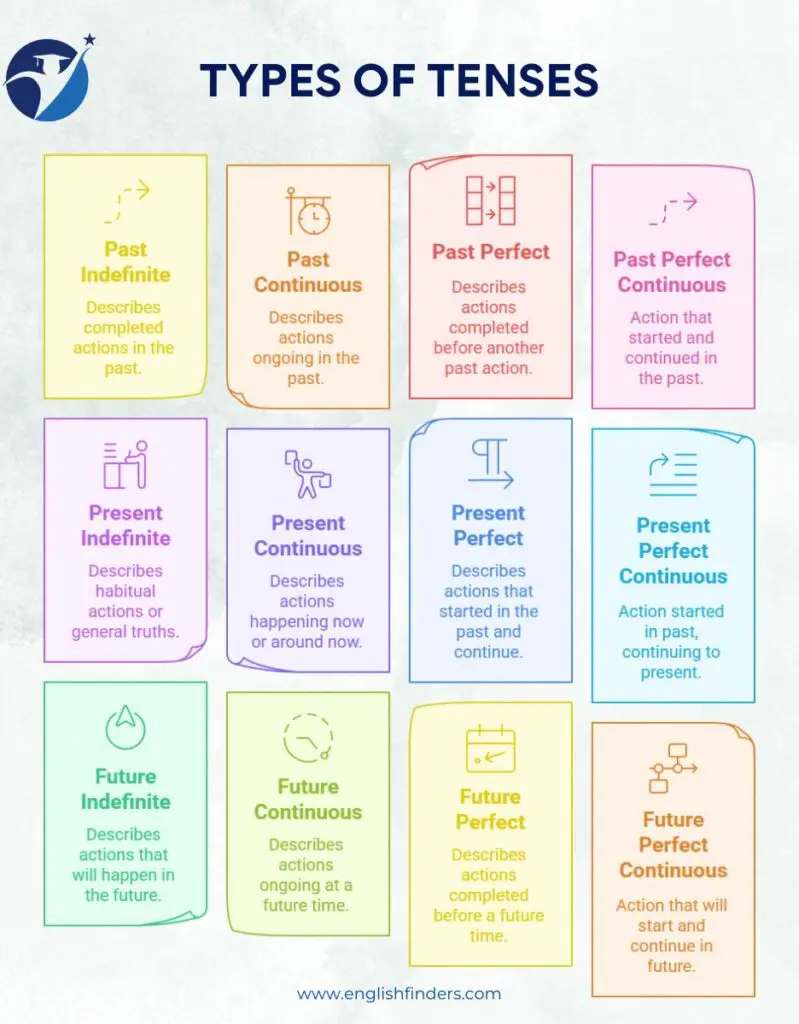
| Tense Name | Structure (Affirmative) | Example Sentence |
|---|---|---|
| Simple Past | Subject + past form of verb | He played baseball yesterday. |
| Past Continuous | Subject + was/were + verb+ing | I was watching a football match. |
| Past Perfect | Subject + had + past participle | She had left before the rain started. |
| Past Perfect Continuous | Subject + had been + verb+ing | We had been waiting for an hour. |
| Simple Present | Subject + base verb | I eat lunch at 1 PM. |
| Present Continuous | Subject + am/is/are + verb+ing | She is reading a story. |
| Present Perfect | Subject + has/have + past participle | We have finished our homework. |
| Present Perfect Continuous | Subject + has/have been + verb+ing | They have been studying since morning. |
| Simple Future | Subject + will + base verb | I will call you later. |
| Future Continuous | Subject + will be + verb+ing | He will be driving to school. |
| Future Perfect | Subject + will have + past participle | They will have arrived by noon. |
| Future Perfect Continuous | Subject + will have been + verb+ing | I will have been working for 5 hours. |
FAQs
What is a Tense in English?
A tense is used to indicate a time of action or event.
What are the main types of Tenses?
Tenses are mainly divided into three types. They are
1. Past tense
2. Present tense
3. Future tense
Are there any shortcuts to mastering all 12 tenses?
While there’s no substitute for practice, learning the patterns and structures of each tense can make mastering them more manageable.
Your Turn
Tense Quiz

Azizul Hakim is the founder & CEO of englishfinders.com. He is a passionate writer, English instructor, and content creator. He has completed his graduation and post-graduation in English language and literature.

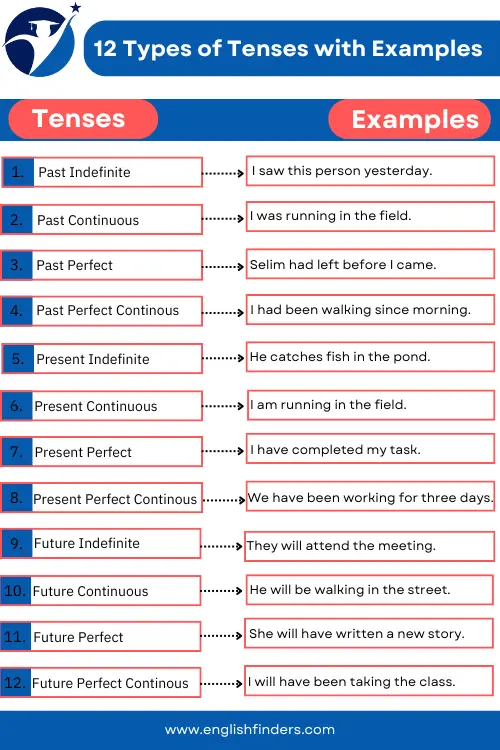

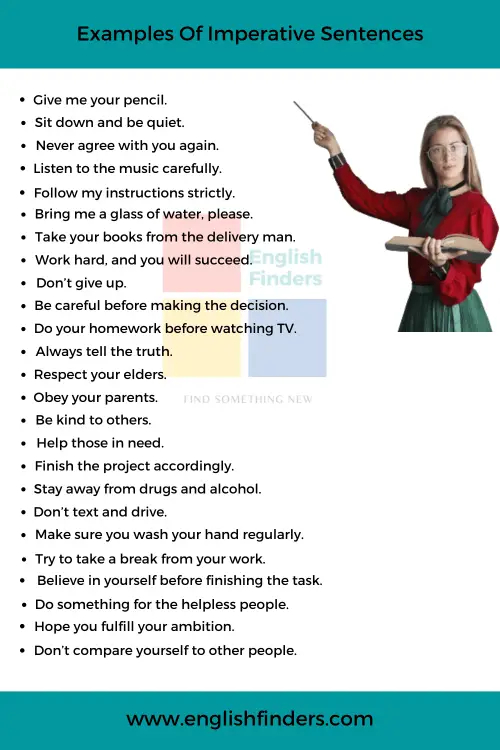
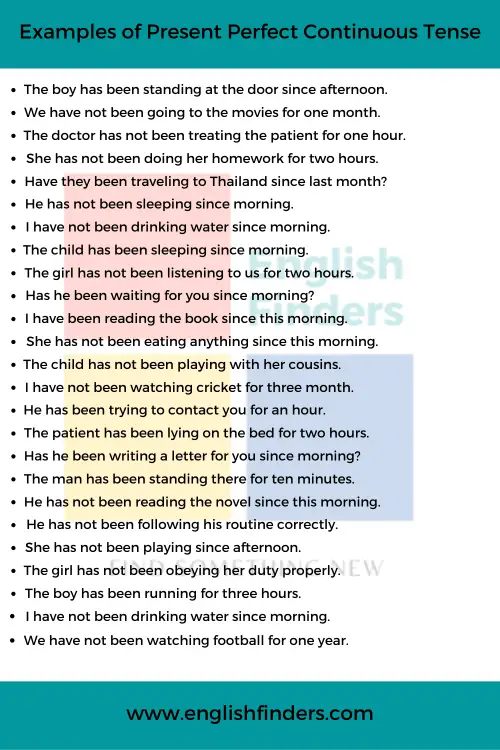
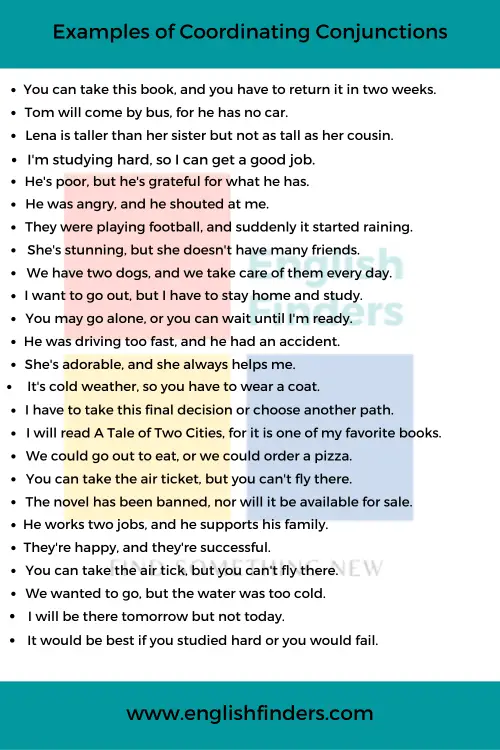
Thanku so much this opportunity ! I’m a graphic designer and worked in data entry… but my English is not strong . this website very helpful for me.!
Again thanku